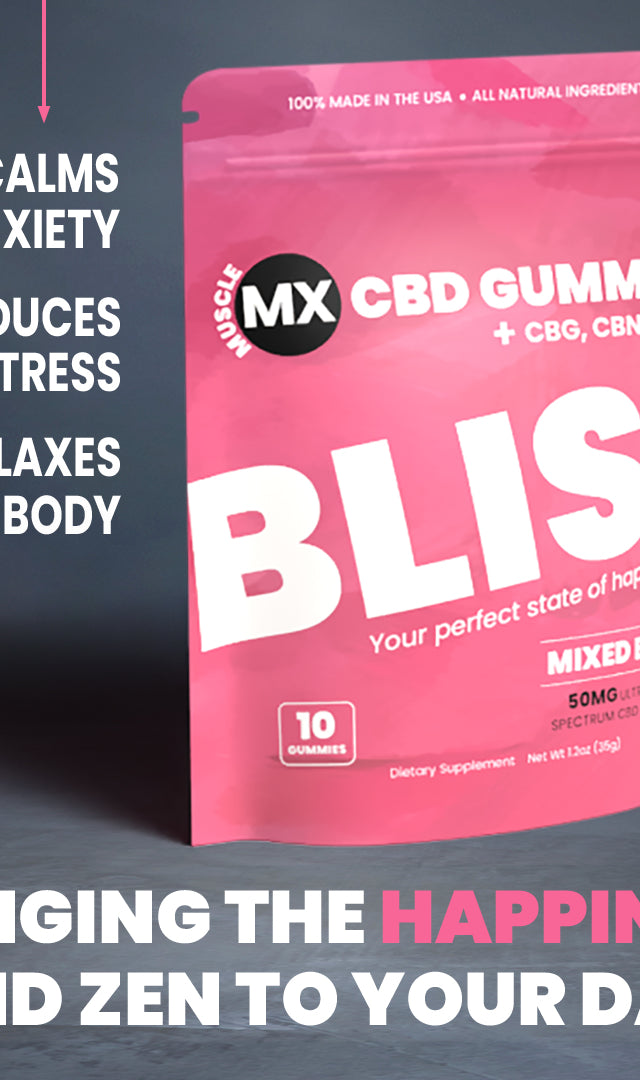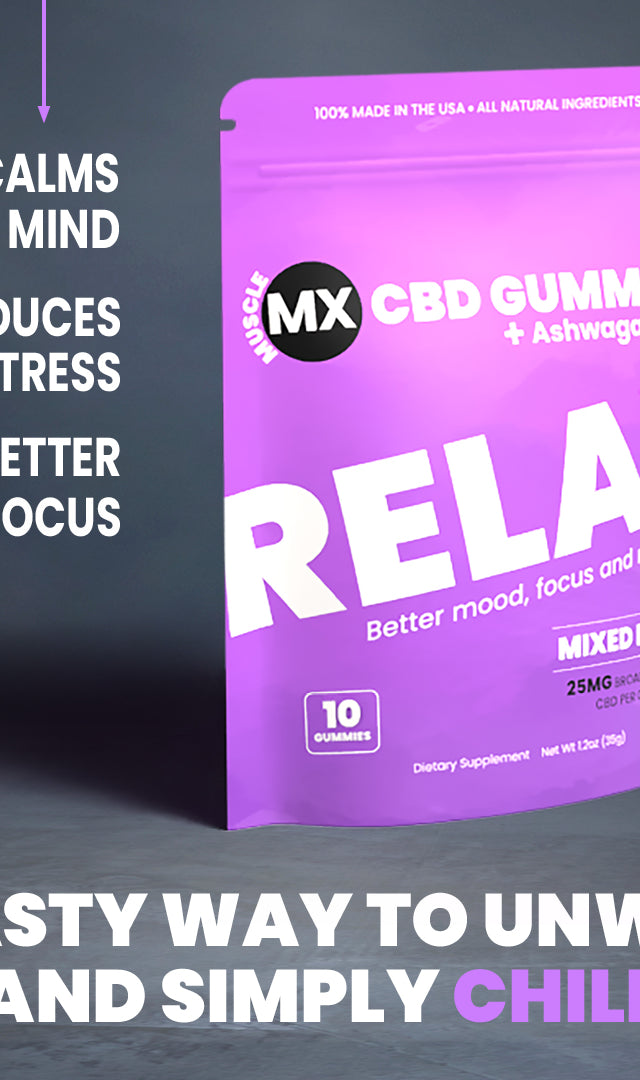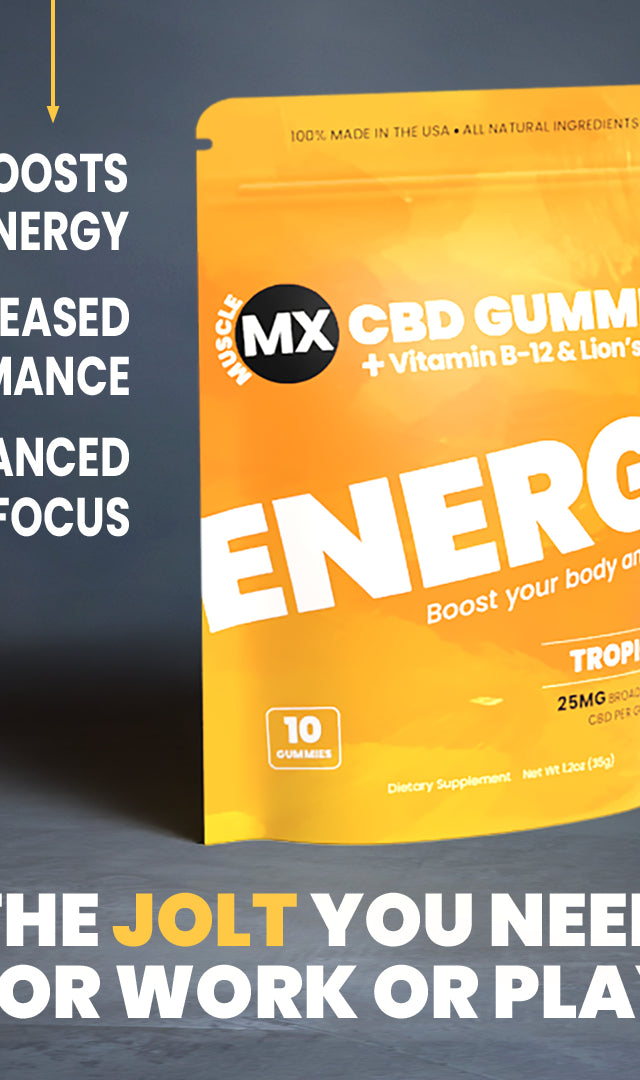The Science-Backed Guide to Emotional Wellness Activities
Your emotional wellness isn't just about feeling good — it's actually protecting your physical health in ways you might not realize. Research shows that strong emotional health can shield you from premature death and even prevent illness. Think about those times when stress or sadness seemed to knock you down physically. That connection is real, and science backs it up.
When you're emotionally distressed, your immune system takes a hit, making you more likely to get sick. But here's the encouraging news: there are specific steps you can take to boost your mental wellbeing that benefit both your mind and body.
Emotional wellbeing goes far beyond just feeling happy. It's a cornerstone of your overall health that deserves the same attention you give to eating well or staying active. When you practice consistent emotional self-care, you're building a shield against life's challenges while giving your body's natural defenses a boost. Plus, taking care of your emotional wellness strengthens your relationships and helps you enjoy life more fully.
Let's explore science-backed wellness strategies that are practical and easy to weave into your daily routine. Whether you're managing everyday stress or looking to enhance your quality of life, these emotional wellness activities can make a real difference in how you feel both mentally and physically.
What Does Emotional Wellness Actually Mean?
Emotional wellness goes much deeper than just feeling happy. It's your ability to understand, express, and manage the full spectrum of emotions that come your way. The National Institutes of Health describes emotional wellbeing as "a multi-dimensional composite that encompasses how positive an individual feels generally and about life overall". This includes both how you experience emotions day-to-day and how you reflect on your life's satisfaction and meaning.
What Is Emotional Wellness?
Think of emotional wellness as having several key building blocks:
- Self-awareness and understanding of your emotions
- Ability to regulate feelings in healthy, adaptive ways
- Resilience to bounce back from challenges
- Capacity to build and maintain supportive relationships
Remember, emotional wellness doesn't mean you never feel sad, angry, or stressed. Instead, it's about recognizing, processing, and appropriately expressing all emotions. You can have high emotional wellness while still experiencing difficult feelings — it's really about having the skills to navigate these experiences effectively.
How Emotional Wellbeing Affects Your Stress and Health
Here's where things get really interesting. The connection between your emotional state and physical health is remarkably strong. Research shows that people with higher emotional wellbeing have a 17% reduced risk of mortality. For older adults, that number jumps to an even more impressive 25% reduction. Plus, emotional wellbeing is linked to lower risks of chronic illnesses like heart disease and diabetes.
When you're stressed, your body releases hormones like adrenaline and cortisol, which spike your heart rate and blood pressure. Without proper emotional regulation, chronic stress can trigger inflammation throughout your circulatory system, potentially setting the stage for heart attacks.
The Science Behind Emotional Self-Care
Emotional self-care involves maintaining a positive, compassionate view of yourself while effectively handling both external pressures and internal challenges. From a brain science perspective, emotional regulation primarily happens between two key areas: the amygdala (which processes emotional signals) and the prefrontal cortex (which helps moderate your responses).
What's fascinating is that emotional wellness activities actually help balance these brain systems. Practices like mindfulness meditation can literally change how your brain functions, creating patterns that support better wellbeing. Emotional self-care also helps you make sense of your emotions and prepare for life's inevitable challenges.
When you practice emotional self-care regularly, you're essentially training your brain to process emotions more skillfully, leading to stronger resilience and better health outcomes over time.
8 Science-Backed Activities for Emotional Wellness
Ready to put emotional wellness into action? Research shows that specific activities can make a real difference in how you feel and function day to day. These evidence-based practices can help you build emotional resilience and bring more balance to your life.
1. Mindful Breathing to Calm the Nervous System
Deep breathing is one of the simplest yet most powerful tools you have for managing stress. When you breathe deeply into your belly rather than your chest, you activate your body's natural relaxation response and experience reduced heart rate and blood pressure. The best part? It only takes 5-10 minutes of breathing in through your nose and out through your mouth to feel an immediate sense of calm. You can practice this technique anywhere — at your desk, in your car, or before bed.
2. Gratitude Journaling to Shift Focus
Have you ever noticed how focusing on what's wrong can spiral your mood downward? Gratitude journaling works by deliberately shifting your attention to what's going well. Studies show that gratitude practices can reduce anxiety and depression symptoms while boosting positive emotions. Just 15 minutes daily for six weeks can create lasting changes in your mental wellness and overall perspective. Gratitude also helps disconnect you from toxic emotions by redirecting your focus to positive feelings.
3. Nature Walks for Mental Clarity
Something about being outdoors just feels healing, doesn't it? Science backs up this feeling — walking in natural settings effectively improves mental health, especially for depression and anxiety symptoms. Your nervous system can start to regulate in as little as five minutes of nature exposure. For the best mental health benefits, aim for 20-90 minute sessions in nature. Even a short walk in your neighborhood park can make a difference.
4. Yoga and Movement for Emotional Balance
Yoga combines physical postures, breathing techniques, and meditation in a way that promotes both physical and mental relaxation. This practice significantly decreases perceived stress and activates your prefrontal cortex — the brain region responsible for complex thinking and emotional regulation. Through yoga, you can safely process and release complex emotions that might be difficult to handle otherwise.
5. Guided Visualization for Stress Relief
Think of guided visualization as a mini-vacation for your mind. This technique involves directing your thoughts toward peaceful, relaxed states through mental imagery. Studies show that guided imagery increases alpha brain waves, which are linked to enhanced mood. When you visualize calming environments and engage all your senses, you can actually reduce stress hormones and lower blood pressure.
6. Creative Expression Through Art or Writing
Sometimes feelings are too complex for words alone. That's where creative expression comes in. Art therapy and creative activities help you explore emotions that might be difficult to verbalize. The creative process allows you to break old patterns and discover new perspectives. Research shows that creating art engages both the analytical left brain and the creative right brain simultaneously, which can even enhance academic performance.
7. Listening to Calming Music
Music has a unique ability to shift your emotional state almost instantly. It offers real therapeutic benefits for stress, anxiety, and depression. When you listen to songs you enjoy, you're activating brain pleasure pathways that can decrease anxiety levels and improve overall functioning. Music therapy has shown particular promise in providing a safe environment for healing trauma and building resilience.
8. Social Connection and Support
Strong relationships aren't just nice to have — they're essential for both physical and psychological health. Research indicates that social support can actually help moderate genetic and environmental vulnerabilities while building resilience to stress. Remember, quality matters more than quantity when it comes to relationships. Interestingly, providing support to others can be just as beneficial as receiving it, often leading to lower blood pressure and reduced stress levels.
How to Make These Activities Part of Your Routine
Knowing about emotional wellness activities is one thing — actually doing them consistently is another. The difference between occasional self-care and lasting change comes down to turning these practices into habits that stick.
Start Small and Build Gradually
Your emotional wellness journey doesn't need to begin with a complete life overhaul. If you're just getting started, pick one simple activity instead of trying several at once. This prevents you from feeling overwhelmed or burning out your motivation early on.
Try starting with just three minutes of mindful breathing each day or jotting down one thing you're grateful for. These small steps might seem insignificant, but they're building the foundation for bigger changes. As these mini-practices become second nature, you can gradually add more to your routine. Remember, improving just 1% daily adds up to remarkable progress over time.
Pair Activities With Existing Habits
Have you ever noticed how some things just happen automatically in your day? That's the power of established habits, and you can use them to your advantage. First, think about your current automatic behaviors — brushing your teeth, making coffee, or walking the dog. Then, attach your new emotional wellness activities to these existing routines.
Here are some simple pairings to try:
- Take a few mindful breaths while your coffee brews
- Practice gratitude during your morning walk
- Do a quick body scan while waiting for your computer to start up
Use Reminders and Scheduling Tools
Even with the best intentions, it's easy to forget new wellness practices when life gets busy. Set yourself up for success by blocking specific times in your calendar for these activities. Treat them like important appointments — because they are.
Visual reminders work wonders too. Try placing sticky notes with positive affirmations around your home or workspace. Your phone can become your wellness ally with gentle alarms or app notifications that bridge the gap between wanting to practice and actually doing it.
Track Your Emotional Wellness Progress
What gets measured gets managed, and tracking your emotional wellness journey can provide valuable insights. Keep tabs on key indicators like your mood, energy levels, sleep quality, and stress levels. Setting SMART goals — specific, measurable, attainable, relevant, and time-bound — gives you clear direction.
Weekly check-ins help you spot patterns and figure out what's working best for your unique situation. This information empowers you to fine-tune your approach and make adjustments that support your well-being goals.
Creating Your Personal Emotional Wellness Plan
Your emotional wellness journey is uniquely yours, and what works wonderfully for someone else might not click for you. Understanding what makes you tick is the first step toward building a plan that actually fits your life.
Identify Your Stress Triggers
What sets your stress alarm bells ringing? Pay attention to those physical signals your body sends — maybe it's headaches, tight shoulders, or that knot in your stomach when things get overwhelming. Try completing statements like "I become overwhelmed when..." or notice when you get sweaty palms or feel that familiar tightness in your chest.
This self-awareness isn't just helpful — it's your early warning system. When you know what's coming, you can prepare appropriate coping strategies beforehand.
Choose Activities That Actually Work for You
Here's the truth: not every wellness activity will resonate with you, and that's perfectly fine. Some people find peace through movement and physical activities, while others need quiet, introspective moments.
Be willing to experiment with different techniques. The most effective emotional self-care practices are those that align with your personal values and fit naturally into your existing routines. If sitting still for meditation feels torturous, maybe walking meditation is your sweet spot.
Match Your Activities to Your Energy
Your emotions directly impact your energy levels through hormonal changes. When anxiety, fear, and stress hit, your body releases cortisol, which can be incredibly draining.
On those low-energy days, give yourself permission to choose gentler practices like deep breathing or gratitude reflection instead of more demanding activities. Your emotional wellness plan should support you, not exhaust you.
Leverage Technology and Tracking Tools
Mental wellness apps can provide valuable support through symptom tracking, mood monitoring, and guided activities. With nearly 1 in 5 U.S. adults living with mental illness, these accessible tools are increasingly important. Apps like MoodKit help you identify patterns between your activities and emotional states, offering actionable insights. Many also include features like thought trackers, breathing exercises, and mindfulness practices to support your wellness journey.
Don't Forget Your Nutrition
What you eat directly affects your brain structure and, ultimately, your mood. Research shows that diets high in refined sugars may worsen symptoms of mood disorders, while Mediterranean-style diets rich in vegetables, fruits, and fish are linked to 25-35% lower depression risk.
Remember, 95% of your serotonin is produced in your gastrointestinal tract, so your digestive health significantly influences your emotions.
Consider Natural Support Options Like CBD
CBD has gained attention for its potential benefits in managing anxiety and stress. Surveys show 42.6% of CBD users take it for self-perceived anxiety, with 86.5% of those users reporting reduced anxiety symptoms.
However, it's important to consult your healthcare provider before trying CBD, as it can interact with certain medications including antidepressants and blood thinners. Keep in mind that CBD products lack FDA regulation outside of specific seizure medications.
The Bottom Line
Emotional wellness isn't a luxury — it's essential healthcare that deserves your attention and care. Throughout this guide, we've covered practical, science-backed strategies that can genuinely improve how you feel both mentally and physically.
The beauty of emotional wellness lies in its personal nature. Maybe mindful breathing becomes your go-to stress reliever, or perhaps you discover that creative expression helps you process difficult emotions. You might find peace in nature walks or comfort in gratitude journaling. What matters most is finding the activities that truly resonate with you and your lifestyle.
Remember, consistency beats perfection every time. You don't need to master every technique or practice for hours each day. Even small, regular steps — like taking three deep breaths before a stressful meeting or writing down one thing you're grateful for — can create meaningful change over time.
Life will always present challenges, but with these tools in your wellness toolkit, you're better equipped to handle whatever comes your way. The strategies we've explored give you practical ways to support your emotional health while strengthening your body's natural ability to cope with stress.
Your emotional health is just as important as your physical health — they're two sides of the same coin. Taking even one small step today to care for your emotional wellness can create positive changes that ripple through every area of your life.
We invite you to start where you are, with what feels manageable right now. Your wellness journey is uniquely yours, and every step forward is worth celebrating.
Key Takeaways
Emotional wellness isn't just about feeling good—it's a critical health component that can reduce mortality risk by 17% and strengthen your immune system against illness.
• Start small with science-backed practices: Begin with 3-5 minutes of mindful breathing or gratitude journaling daily to activate your body's natural stress-relief systems.
• Habit stack for lasting change: Attach emotional wellness activities to existing routines like morning coffee or evening walks to build consistent, sustainable practices.
• Personalize your approach: Identify your unique stress triggers and choose activities that align with your lifestyle, energy levels, and personal preferences for maximum effectiveness.
• Focus on consistency over perfection: Regular practice of even simple activities like nature walks or creative expression creates compound benefits for both mental and physical health.
• Track your progress: Monitor mood, energy, and stress levels to identify patterns and adjust your emotional wellness plan based on what works best for you.
The connection between emotional and physical health is undeniable—investing in your emotional wellness today creates positive ripple effects across every aspect of your life, building resilience that serves you through life's inevitable challenges.
Frequently asked questions about emotional wellness activities
Q: What are some effective emotional wellness activities?
A: Some effective emotional wellness activities include mindful breathing exercises, gratitude journaling, nature walks, yoga, guided visualization, creative expression through art or writing, listening to calming music, and fostering social connections.
Q: How can I incorporate emotional wellness practices into my daily routine?
A: Start small by choosing one activity and gradually build up. Try pairing new practices with existing habits, like doing a quick body scan meditation while waiting for your morning coffee. Use reminders or schedule specific times for these activities in your calendar.
Q: What are the key components of emotional wellbeing?
A: Emotional wellbeing encompasses self-awareness, the ability to regulate emotions, resilience to challenges, and the capacity to build and maintain supportive relationships. It's about effectively understanding, expressing, and managing a full range of emotions.
Q: How does emotional wellness impact physical health?
A: Emotional wellness significantly affects physical health. Research shows that individuals with higher emotional wellbeing have a reduced risk of mortality and chronic illnesses. Good emotional health can also strengthen the immune system and help manage stress more effectively.
Q: Can technology help in maintaining emotional wellness?
A: Yes, technology can be a useful tool for emotional wellness. Mental wellness apps can help with symptom tracking, mood monitoring, and guided activities. Many apps offer features like thought trackers, breathing exercises, and mindfulness practices to support your emotional wellness journey.



















































